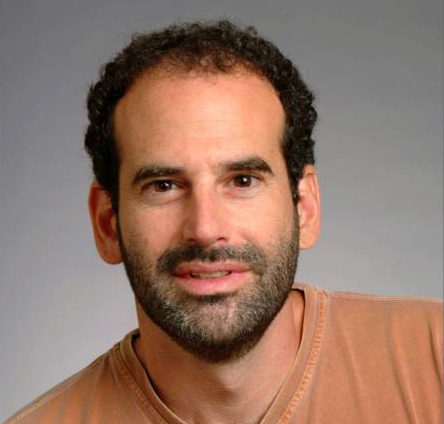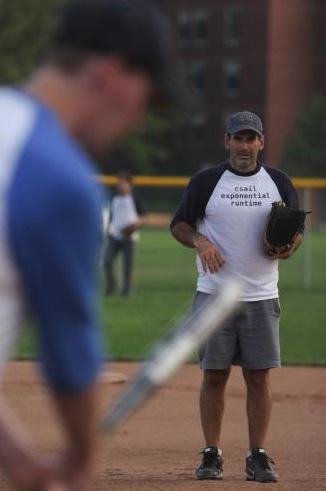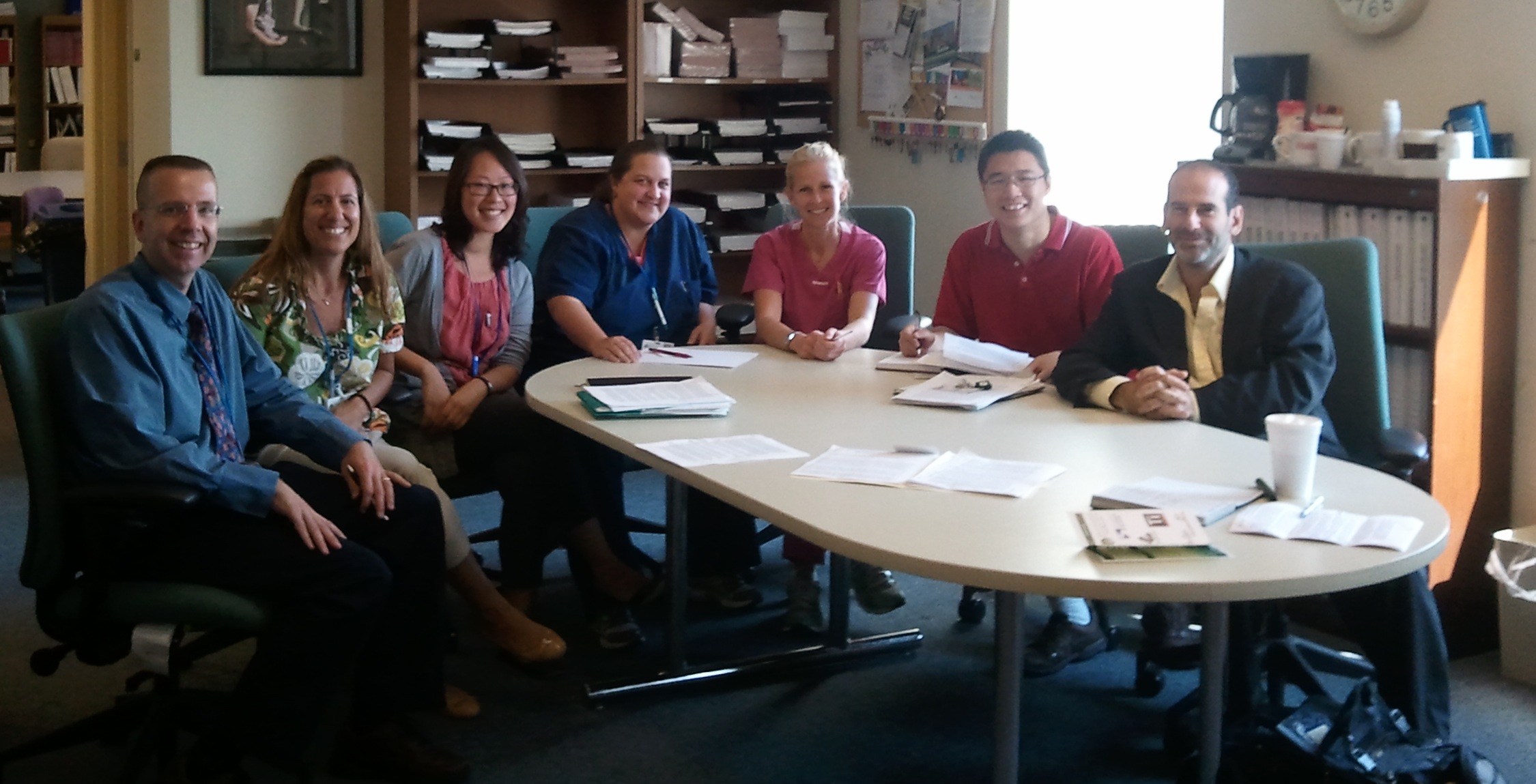Notes
carefully ordered n-grams about data science, assistive technology, and more by William LiRemembering Seth Teller
July 06, 2014

(updated July 23, 2014)
Note: MIT has created a memorial fund to honor Professor Teller. The Seth Teller Memorial Fund to Advance Technology For People With Disabilities will support research, education and other innovations that advance and improve assistive technology for people with a range of disabilities. Please consider donating.
My advisor, Professor Seth Teller, passed away last week on July 1, 2014. The MIT News article describes his extraordinary accomplishments and impacts on the people and communities he touched. For me and the students he taught and mentored, it is a heavy loss. I miss him. My thoughts are with his family during this immensely difficult time.
Professor Teller co-advised my master's thesis, and I've known him since I started at MIT in 2009. He was always a rich source of ideas and source of encouragement at many stages. In my mind, what set Seth apart was how genuinely dedicated he was to turning research into practical, real-world contributions that positively affect real human beings.
My memories of Seth are diverse and wide-ranging: For his autonomous robotic forklift, he sent me and two other students to Fort Hood, Texas, to watch military forklift operators; he took me and a dozen other students to Subway somewhere between Dorchester and Cambridge after a trip to The Boston Home to obtain data for our indoor localization system; the two of us went around MIT campus once in a manual wheelchair to do a "mobility survey" for his assistive technology class (and, afterwards, filed Facilities requests for non-functioning automatic doors and other accessibility issues); I played with him on CSAIL's intramural softball team ("Exponential Runtime") in the summer of 2010. In short, the past five years of my life have been shaped by Seth's many interests and talents.

Seth pitched several games for Exponential Runtime, the MIT CSAIL softball team, in the summer of 2010 (photographer: Jason Dorfman).
No, it wasn't always the perfect fit: Seth tended to meet more on a per-project basis, and I might have benefited from a little more guidance and a little more structure as a new grad student. But he did care deeply about his advisees. As his only Technology and Policy Program (TPP) student, when TPP held an information session across campus for new (and maybe nervous) advisors, he went and asked questions; when I helped start the Assistive Technology Club, he was an immediate, unequivocal, and enthusiastic supporter. His belief in me made all the difference when I applied to continue as a PhD student in computer science, and when I decided to work on something different after finishing my thesis, Seth let me keep my desk in his lab indefinitely, a gesture that helped me feel like I belonged somewhere during a challenging transition.
I probably saw Seth's ethos and dedication most closely when I was the teaching assistant for his new project-based course, Principles and Practice of Assistive Technology (PPAT), in Fall 2011. In the class, teams of students work closely with a person with a disability in the Boston area and build an assistive device that fulfills an unmet need. Professor Teller's dedication to developing and implementing the class from scratch (obtaining funding, designing the curriculum, finding clients, and helping students learn and succeed, finding clients, and teaching it each fall for the past three years) was inspiring. I'm biased, but I really believe that Seth's approach and the course exemplify the "Mens et Manus" (Mind and Hand) motto of MIT and the very best of service learning and engineering education. Somehow, it doesn't feel quite right to be talking about Professor Teller's legacy yet, but I really hope that the kind of work done in PPAT will continue at MIT and beyond.

We went to Braintree Rehabilitation Hospital and met with physical therapists, occupational therapists, and speech-language pathologists about PPAT in September 2011.
I always knew that Seth did many things, but I'm only starting to learn about his involvement in local issues in Cambridge and the other facets of his life. He embodied citizenship. The world is immeasurably poorer without him.
If you're reading this, you might have known Seth or his work in robotics, assistive technology, community advocacy, and much more. Here are some relevant links:
- MIT has created a memorial fund to honor Professor Teller. The Seth Teller Memorial Fund to Advance Technology For People With Disabilities will support research, education and other innovations that advance and improve assistive technology for people with a range of disabilities. Please consider donating.
- As the news article notes, MIT’s support services can be accessed via MIT Together, or at 617-253-2916.
- Professor Teller's personal page has a link to an email address, rememberingseth@csail.mit.edu, where you can share your thoughts, photos, or stories.
To Seth: Thank you for everything.
Previous: Talk on Bill Tracer and Analyzing Government Datasets
Next: This Incredible Watch